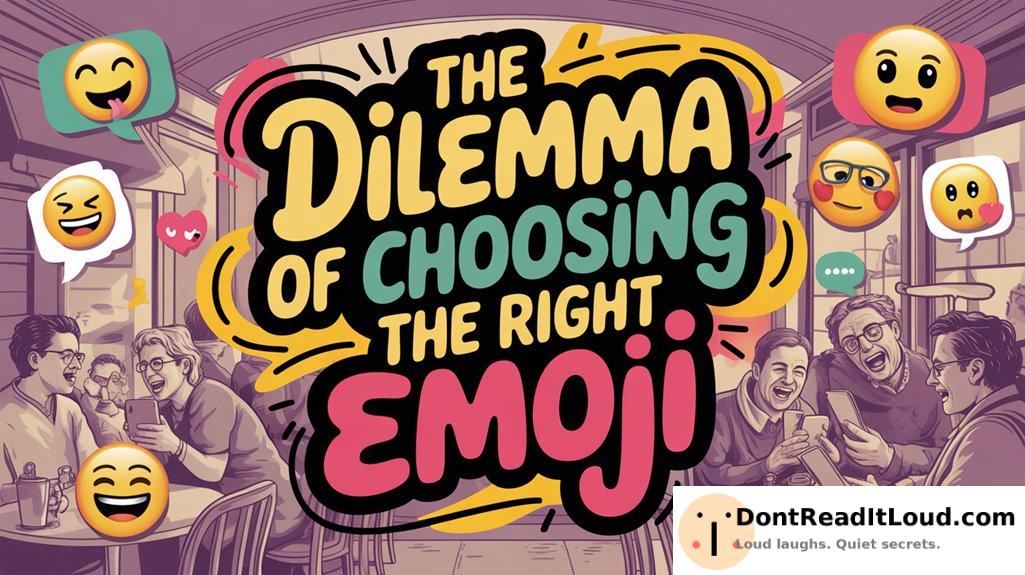
Choosing the right emoji can be tricky due to cultural differences and varied interpretations. What looks like a simple symbol, such as folded hands, may mean something different in Japan than in the West. Misunderstandings often arise with emojis like the heart or poop, which can be especially ambiguous. It’s important to consider the recipient’s background and the situation when picking emojis. This helps ensure your message comes across as intended. Learn more about these subtle cues to strengthen your communication skills.
And don’t even get started on the cultural emoji differences. In Japan, the “folded hands” emoji means “thank you” or “please,” but in the West, it might look like you’re praying for someone’s forgiveness over a delayed reply. It’s a tricky landscape, and every emoji can spark confusion.
You’ve probably sent that cute little poop emoji before, right? It’s a funny way to say, “Oops, my bad,” but elsewhere, it’s just a reminder of what to avoid. That smiling turd can turn a light apology into an awkward moment—pun intended. Mixed signals abound!
Even the classic heart emoji can cause misunderstandings. Is it a friendly “love ya, bro,” or a romantic “let’s run away together”? The meaning isn’t always clear. You might mean “I care,” but the other person could be imagining wedding bells.
Conclusion
Ultimately, choosing the right emoji depends on context and the emotions you wish to express. Trust your instincts and think about your connection with the other person. Emojis add personality and warmth to your messages. Next time you text or post, use them creatively—there’s no universal emoji for every situation. Have fun exploring the expressiveness they offer in your conversations!



